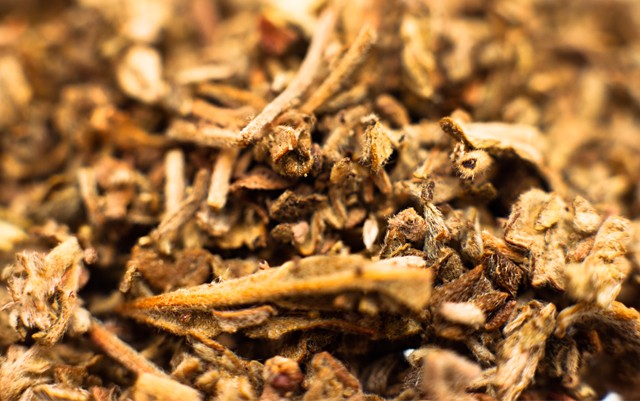Marijuana’s non-toxicity is a huge part of the reason why it is so popular as a recreational drug. Unlike alcohol, it’s almost impossible to smoke or ingest enough weed to cause death, while the effects are relatively mild. Most people become mellow and funny, and if they must drive, there’s evidence that they at least recognize their impairment and take steps to mitigate the effects. However, synthetic cannabis is a whole other beast, and by now it is clear that synthetics can be far more dangerous than even the most-potent marijuana plant.
Why this is has to do with partial- versus full-agonism. THC is an agonist of CB1 receptors, but it is only a partial agonist—when it combines with CB1 receptors the effects are only a fraction what they could be. But synthetics not only bind CB1 receptors better, they tend to be full agonists as well, and this drastically alters the nature of the high that is achieved. Activating CB1 receptors alone does not produce a high; the receptors interfere with neurotransmitter release, and this is what produces the high. THC acts to modestly inhibit both inhibitory and excitatory pathways (GABA and glutamate, respectively), but because more CB1 receptors are found in GABA cells, the overall effect is a lowering of inhibitions.
However, full agonism with a potent agonist can change the nature of the high, and people who overdose on synthetics become agitated and indeed, act as if they’re on methamphetamines or PCP. What happens appears to result from a relative imbalance: CB1 receptors inhibit both GABA and glutamate receptors, but because they are more concentrated on GABA receptors they inhibit GABA much more than glutamate. Furthermore, because synthetics bind far more strongly to the CB1 receptor than THC, the effects last longer.
More, therefore, is not always better, and the difference between synthetic cannabis and the real stuff should be a cautionary tale that chemistry matters. There have been a trickle of deaths in recent years that have been attributed to synthetic cannabis, although it is hard to say whether these deaths are caused by the synthetic cannabis itself, or some other compound that might be used in making the product. Because this is even less-regulated than marijuana, using it really is caveat emptor. Synthetic compounds may be useful in research and helping us understand how the CB receptor systems work in conjunction with the rest of the body, but there are safer and better ways to get high.






